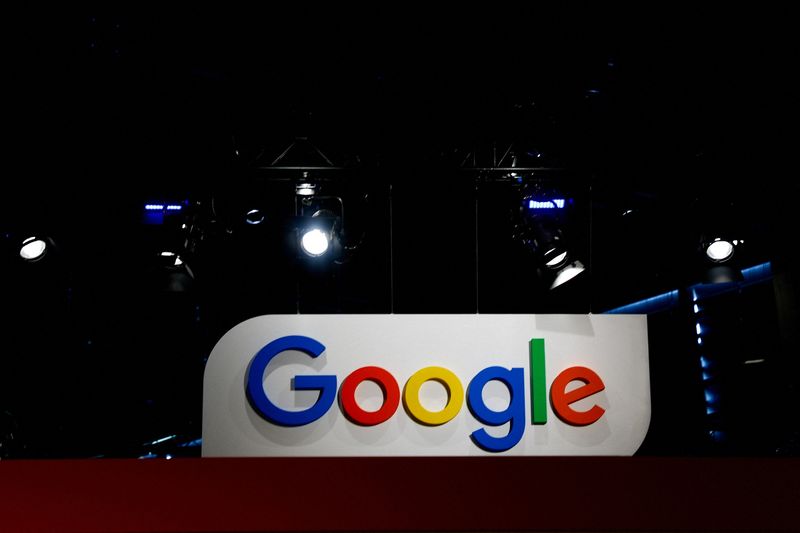By Diane Bartz
WASHINGTON (Reuters) - A former executive at Samsung Electronics (LON:0593xq)' venture capital arm who proposed that mobile app developer Branch Metrics' software offering be expanded in Samsung smartphones faced pushback due to pressure from Google, he said on Thursday in a landmark antitrust trial against the Alphabet (NASDAQ:GOOGL) unit.
Patrick Chang, who worked at Samsung Next to invest in innovative companies, had urged the parent company to expand the offerings of Branch, which can search within apps, to its Android smartphones.
Branch Metrics founder and former CEO Alexander Austin testified in late September that his company eliminated some of its software's functions to fend off Google's complaints as it sought to make deals with wireless carriers and smartphone makers. Branch had to ensure that its searches remained within apps and never linked to the web, Austin noted.
Chang testified that Samsung also faced pushback from wireless carries, like AT&T (NYSE:T), which sell Android phones.
Google is accused of paying $10 billion a year based on revenue share agreements to smartphone makers like Samsung Electronics, wireless carriers and others who agree to make its software the default and maintain its monopoly in search.
In its questioning, the Justice Department showed an August 2020 email by Samsung executive David Eun, who complained that "Google is clearly buying its way to squelch competitors."
Under cross examination by an attorney for Google, Chang was asked about another possible explanation for Samsung's disinterest in Branch, which is that the software was clunky and few users clicked on links that Branch offered.

Chang testified during the fourth week of a more than two-month trial in which the U.S. Justice Department is seeking to show that Google abused its monopoly of search and some search advertising. Google has said that its business practices were legal.
(This story has been corrected to say Google was accused of stopping the expansion of Branch Metrics software offering on smartphones, not blocking the installation, in the headline and paragraph 1)